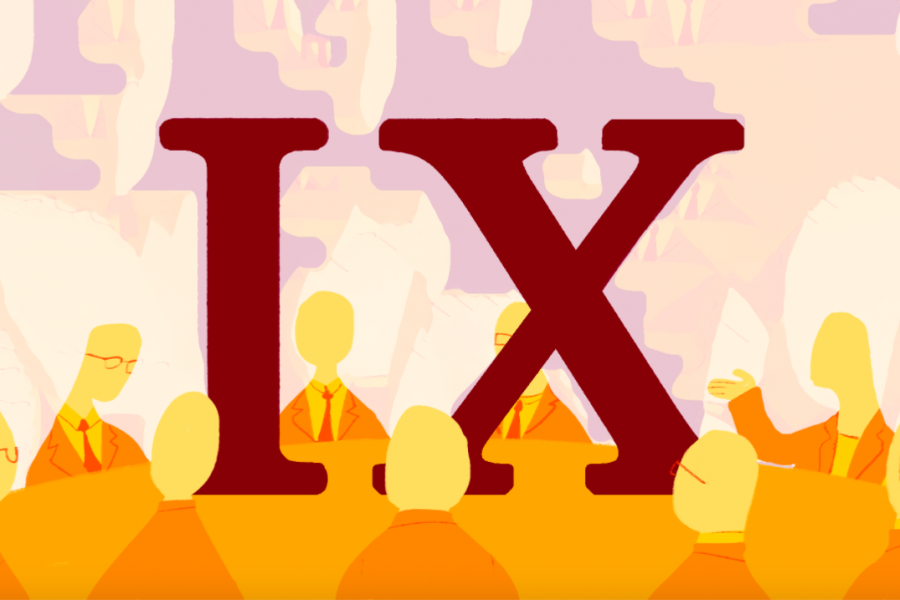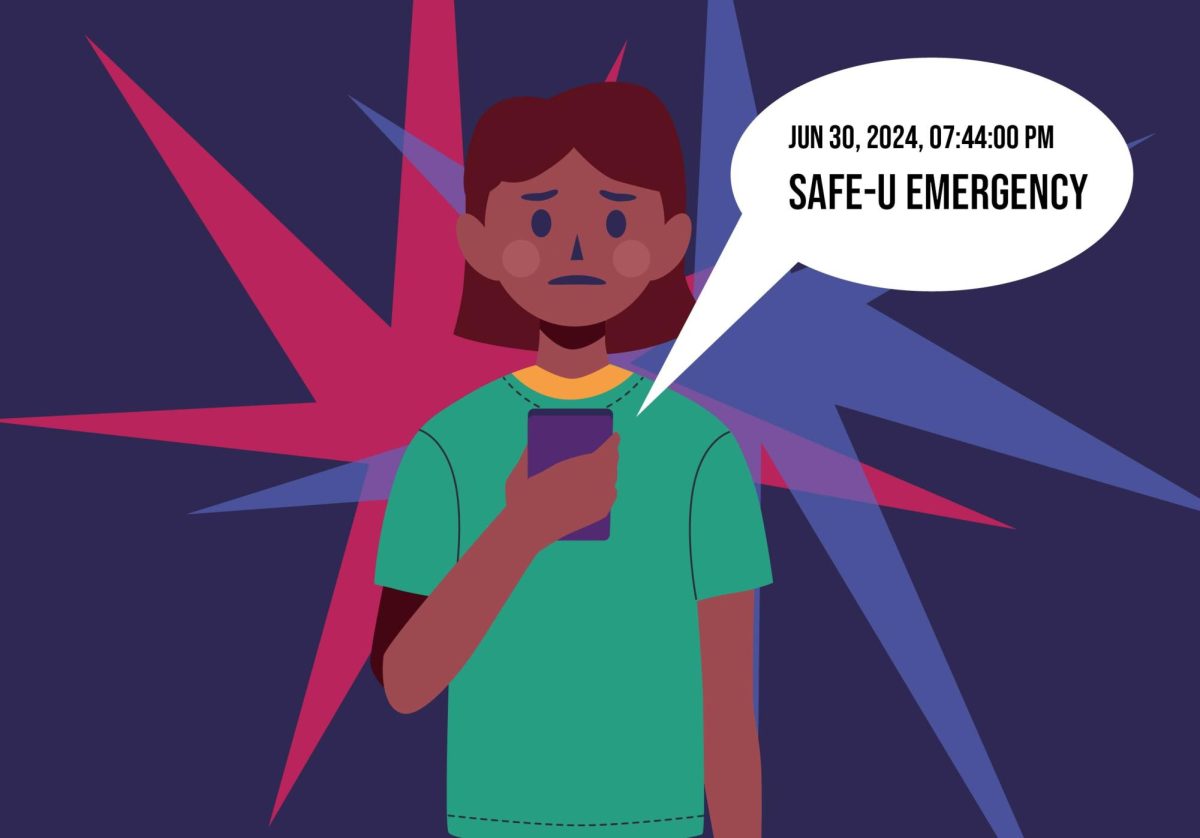The University of Minnesota is constructing a new committee of University community members to serve in staff, faculty and student misconduct hearings, as required under new Title IX policy changes.
The University will review the applications for the Sexual Misconduct Hearing Committee, which were due Nov. 1, with final selections slated to be made within the next several days. Ultimately, this committee will consist of a group of approximately 36 people tasked with deciding the outcomes of sexual misconduct cases.
The committee is being formed to comply with changes to Title IX policy mandated by the U.S. Department of Education that took effect in August.
“It will be the decision makers at the hearing who will make the decision about responsibility, the decision about whether the respondent engaged in sexual misconduct and violation of University policy,” said Tina Marisam, director of the Office of Equal Opportunity and Affirmative Action and the University’s Title IX coordinator.
Each live hearing will have a different panel of five people made up of members from the Sexual Misconduct Hearing Committee, including students, faculty and all classifications of staff. One hearing chair will serve on each panel to lead the hearing process, Marisam said.
This person will receive a stipend from the University and will likely have previous professional experience, Marisam said.
“[They’re] kind of responsible for ensuring that the hearings are humane, that there’s appropriate decorum in the hearings, so that person we want to have special training and special professional experience so that they can fulfill that role,” Marisam said. “We think that role will be very important to making sure that the hearings really provide a way for the parties to give their accounts of what happened.”
This new committee will replace the Student Sexual Misconduct Subcommittee, which was formally dissolved in August following the Title IX policy changes. Previously, live hearings were only offered in cases where students were said to have engaged in sexual misconduct.
Now, live hearing committees will also be used for cases involving faculty and staff.
A designated selection group is reviewing applications and making nominations for committee positions consisting of students, faculty, staff and other community members. Final decisions will be made by the Office of Equity and Diversity.
When making selections for the Sexual Misconduct Hearing Committee, members of the Selection Group will consider representation and diversity, said Gunnar Frahm, vice chair of the University’s Student Senate.
“They’ll choose who they think are most qualified, while also keeping diversity in mind: diversity of basically everything, male, female, system campuses, to make sure that we’ve got different system campuses represented, and then also race or ethnic background,” Frahm said. “But basically everything to make sure that we’re not having a monotone group. We don’t want that.”
Once these final decisions are made, committee members will serve for a set length of time.
“I don’t know if it’s been finally decided, but staff and faculty [serve] three-year terms to the hearing committee … and then two years for students, just because students aren’t around as long,” said Ned Patterson, vice chair of the Faculty Consultative Committee.
These individuals will also complete several training sessions, currently scheduled for early December.
“Those committee members will be well-trained, they’ll have at least 20 hours of training a year on sexual misconduct and learning how to ask relevant questions and maintain civility and decorum in hearings, and to make decisions on these matters,” Marisam said.



























Veronica
Nov 6, 2020 at 6:22 am
Oh my … and nothing said about toxic female faculty members, male faculty choking a student, and a grievance system that one needs a lawyer to navigate. Legislature needs to create an Ombudsmen for Students outside of the U of M system. The fox cannot protect the hen house.